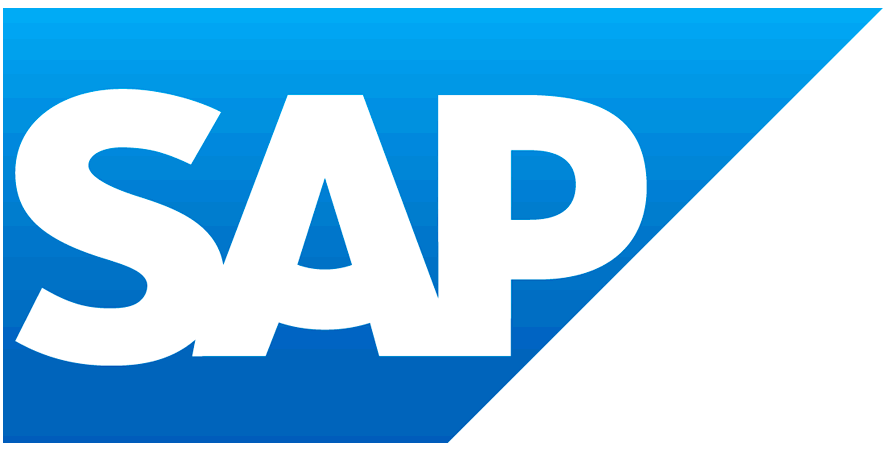Why “Better” isn’t Good Enough - On the Journey to More Sustainability

By Peter Graf in SAP Business Trends
Recently the UN Intergovernmental Panel on Climate Change (IPCC) released a study that used its strongest language yet indicating human behavior is the leading cause of global warming. For most of us who follow climate news closely, this isn’t really a surprise.
The real mind twister is this: why, given the worldwide popularity of sustainability, energy efficiency gains all around us and record participation in global movements such as the UN Global Compactor the Carbon Disclosure Project, are we not making more progress? Why does the situation get worse, not better?
Put simply, the answer lies in the fact that business growth is connected to increased resource consumption. If you want to sell more goods or services, you will need to use more resources creating the goods or providing the services in the first place.
For this very reason, companies have optimized the consumption of resources by their products during production and use, so they can more effectively expand their margins and compete in the marketplace.
For example, the automotive industry has increased the fuel efficiency of passenger cars from 15 mpg in 1970 to more than 24 mpg today. This 60 percent increase, in essence, represents the industry's drive for more efficiency.
Efficiency is great. But it won’t solve the problem!
The problem is: Efficiency alone will not solve our challenges. The total number of cars in the world has quadrupled in the last 40 years, growing from 250 million in 1970 to more than a billion today. This growth in car ownership is easily eating up all efficiency gains made with respect to the resources consumed by a single car. Therefore, the absolute amount of greenhouse gases from cars has dramatically grown.
Unfortunately, most of the companies that are aspiring to become more sustainable are focusing on efficiency alone. That is understandable, because efficiency measures usually provide a short term return on investment. However, given the sharp rise of the middle class in emerging economies and their drive for consumption, it is clear that we need to add another approach for more sustainable economic growth.
Transformation is the key to sustainable growth.
Business transformation is about making fundamental changes in how business is conducted in order to help cope with a shift in market environment (Source: Wikipedia). At SAP, we see market environments change globally at an accelerating rate due to complex and related factors. For example the volatility of commodity prices due to increased demand and speculation, governments’ enforcement of new regulations, and consumers growing awareness of the consequences of their consumption.
But how can a company drive fundamental change while it is competing in an established market? It all starts with how your company creates value. If you define yourself as an automotive manufacturer whose mission is to “produce and sell cars” you will feel threatened by the fact that the younger generation in the Western world is not buying cars at the same rate at which their parents did.
The same car company can, in fact, elevate their mission to “cleaner mobility” and leverage the same situation as a source of innovation and differentiation – without phasing out their current business (immediately.) Automotive manufacturers have started to offer car sharing and ride sharing services. In the future they will do so using electric vehicles charged with renewable energy.
This will not only detach the actual driving of the car from owning the car (which may reduce the amount of cars required to serve the same amount of people by an order of magnitude). It would decouple the car company’s own revenue growth from the consumption of non-renewable resources by their cars in use!
Continue reading and comment on the sustainability article >>

